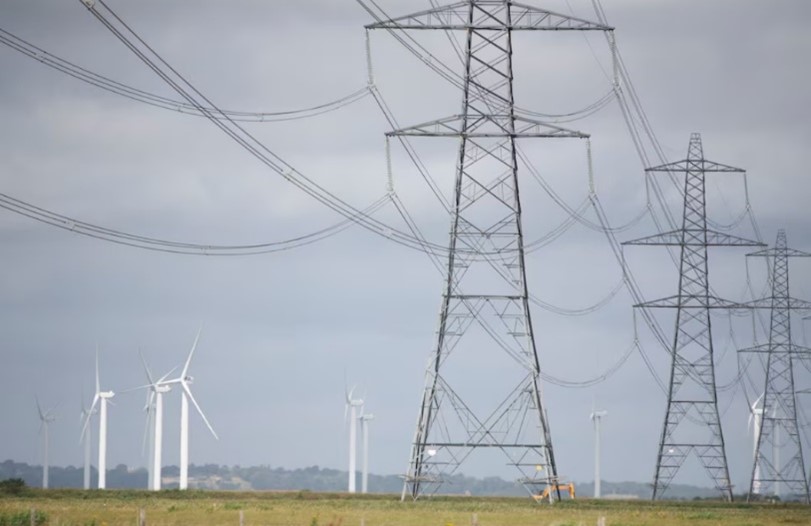
UK Energy Bills Set to Rise by 10% Amid Extreme Weather and Global Tensions
The UK's energy regulator, Ofgem, announced on Friday a 10% increase in the cap on household energy bills, bringing the annual limit to £1,717 ($2,250.64) starting from October 1. This surge is attributed to severe weather conditions and geopolitical conflicts, including the ongoing war in Ukraine.
Jonathan Brearley, CEO of Ofgem, stated, "Today's price increase is fundamentally driven by our dependence on a volatile global gas market, which is easily disrupted by unexpected international events and the actions of hostile states."
Brearley acknowledged the burden this increase would place on households, noting, "We understand that this rise in the price cap will be extremely challenging for many families."
The 10% hike for a typical dual-fuel household slightly exceeded analysts' predictions. On Monday, energy consultancy Cornwall Insight had forecasted a 9% increase, citing a rebound in gas and electricity wholesale prices over the past few months.
"Although prices have somewhat stabilized compared to the past two years, the market has not fully recovered from the energy crisis and the ongoing impact of Russia's invasion of Ukraine," Cornwall Insight explained.
Energy Secretary Ed Miliband criticized the increase, attributing it to what he called a "failed energy policy" inherited by the Labour government from the Conservative Party. He argued that this policy has left the UK vulnerable to international gas markets controlled by authoritarian regimes.
Cornwall Insight emphasized the need for measures to protect vulnerable consumers from rising energy costs and advocated for a long-term shift towards sustainable, domestically-produced energy to reduce the UK's exposure to global market fluctuations.
"While we do not anticipate a return to the extreme prices seen in recent years, it is unlikely that bills will revert to what was once considered normal," commented Craig Lowrey of Cornwall Insight.
The UK introduced an energy price cap for consumers in 2019, with average costs peaking at £4,279 in January 2023 as Russia's actions sent shockwaves through global energy markets. Simon Francis, coordinator of the End Fuel Poverty Coalition, noted that energy bills remain 65% higher than they were before the crisis.